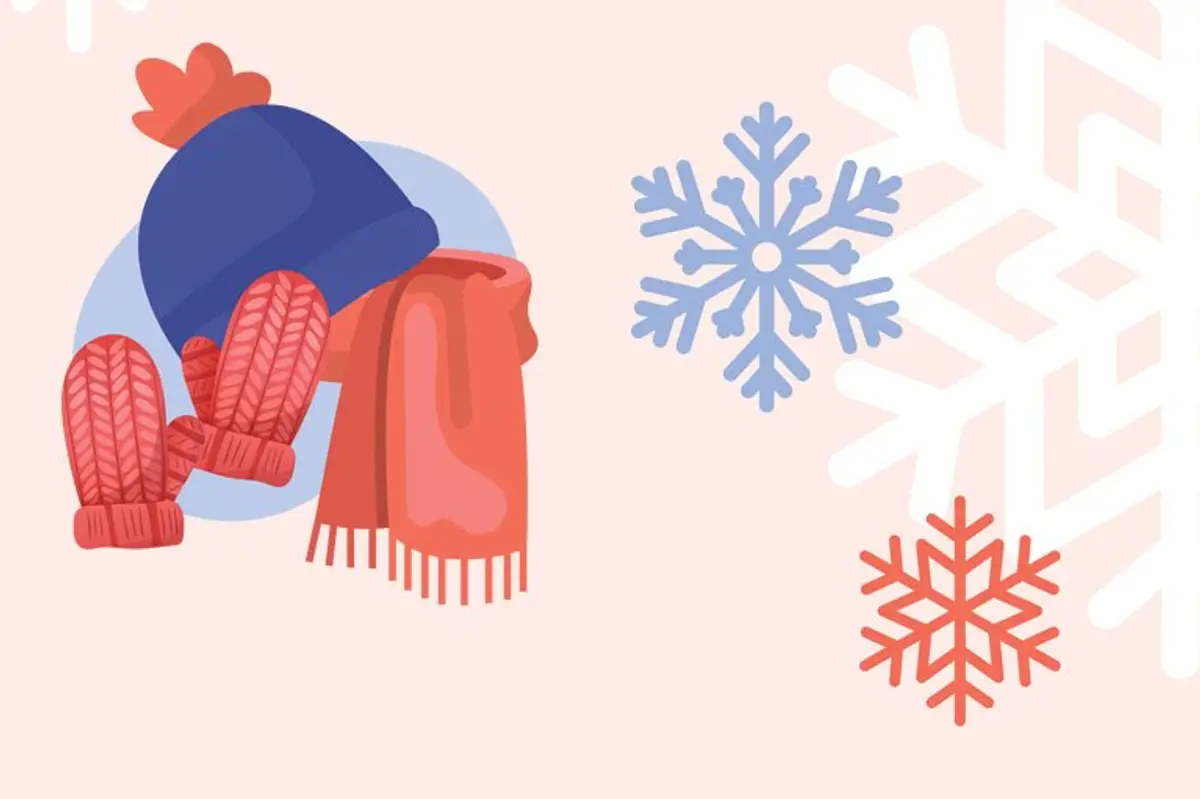Why is asthma often worse in the winter?
- Cold air
Cold air can trigger spasms in the muscles that keep your airways open. These spasms can trigger asthma flare-ups.
- Dry air
Dryness in the air, as often happens in the winter, can irritate your airways, cause coughing and problems breathing.
- Changes in air pressure Even in warmer climates, unstable weather during winter months can create fluctuations in air pressure which can trigger asthma symptoms. Wind and rain can also stir up asthma triggers such as mold spores.
- Exercise Exercising in cold weather can trigger asthma symptoms or make them worse. You’re more likely to breathe through your mouth when you exercise, but when you do that in the cold, it can force cold air directly into your airways and dry out the mucus lining of your bronchial tubes.
- Respiratory illnesses In the winter, colds, flu and other respiratory viruses are common. These illnesses lead to airway inflammation. They thicken the mucus in bronchial tubes, making asthma symptoms worse.
- More time indoors If you live in a cold climate, you likely spend a lot more time inside during the winter than in other seasons. That means you’re getting more exposure to indoor asthma triggers such as dust, mold, pet dander and other irritants.
How to ease asthma symptoms in the winter
Common asthma symptoms include:
- Coughing
- Wheezing
- Shortness of breath
- Tightness in your chest
To ease these symptoms in cold weather:
- Make and follow an asthma action plan so you know what to do if you encounter triggers.
- If you use a short-acting inhaler, also called a rescue or emergency inhaler, always have it on hand so you can use it at the first sign of symptoms.
- If you exercise outside, warm up before you go and wear warm layers (such as a scarf) to reduce the amount of exposure your lungs receive to cold air. Also cover your nose and mouth with a scarf so you breathe in warm air.
How to avoid asthma attacks in cold weather
- Minimize your exposure to cold air : Work out indoors if possible. Cover your nose and mouth with a scarf so you breathe in warm air.
- Get vaccinated : Protect yourself from respiratory illnesses. Get your flu shot and any other vaccines your healthcare provider recommends.
- Wash your hands : Avoid the spread of germs to protect yourself from getting common colds and other illnesses that can trigger asthma symptoms.
- Manage indoor triggers : Make sure your home has clean filters for heating and cooling ducts. Keep your home cool and dry to prevent the growth of mold and dust mites. Be mindful of pet dander.
This resource was created with support from Covis.








